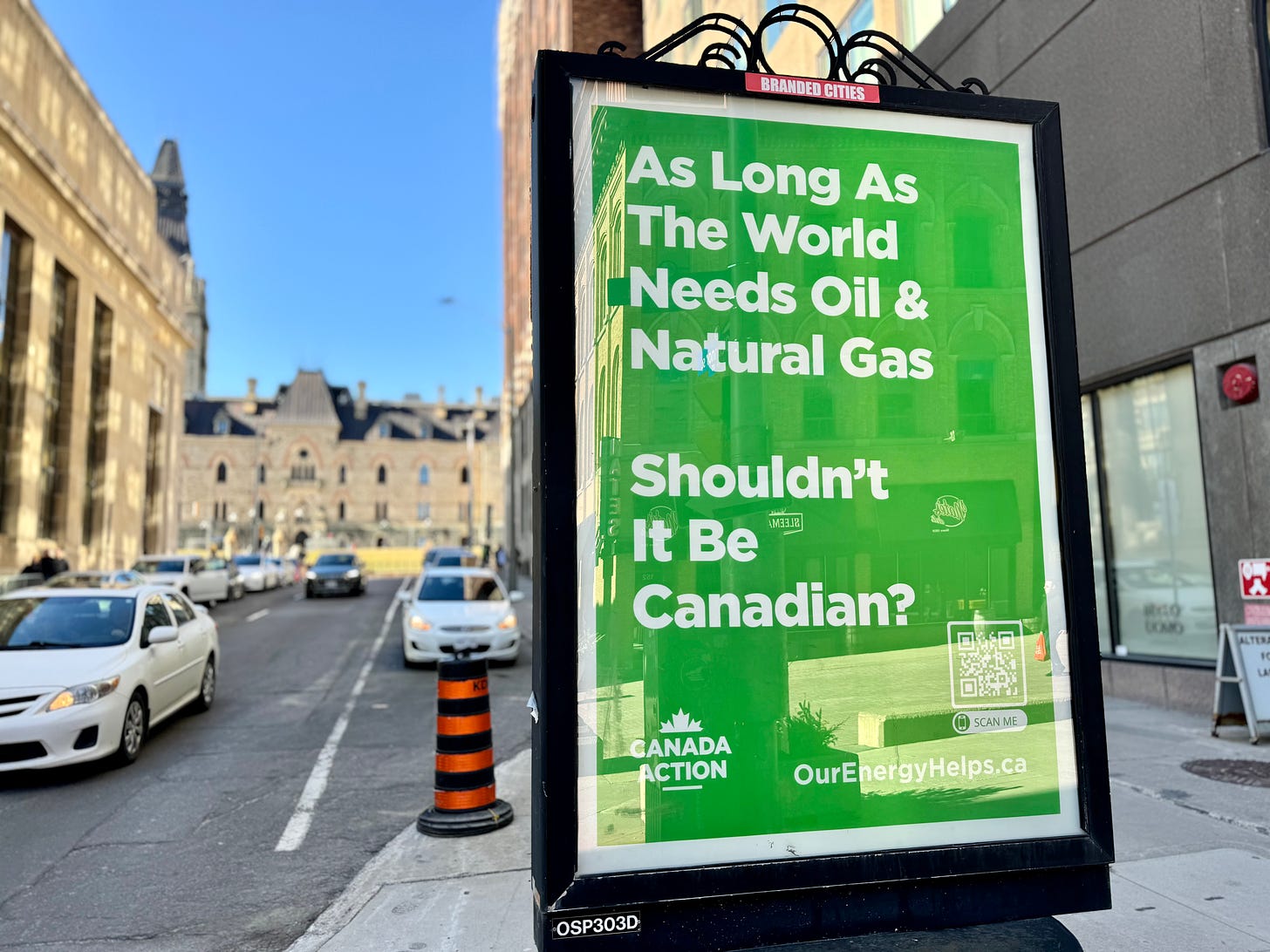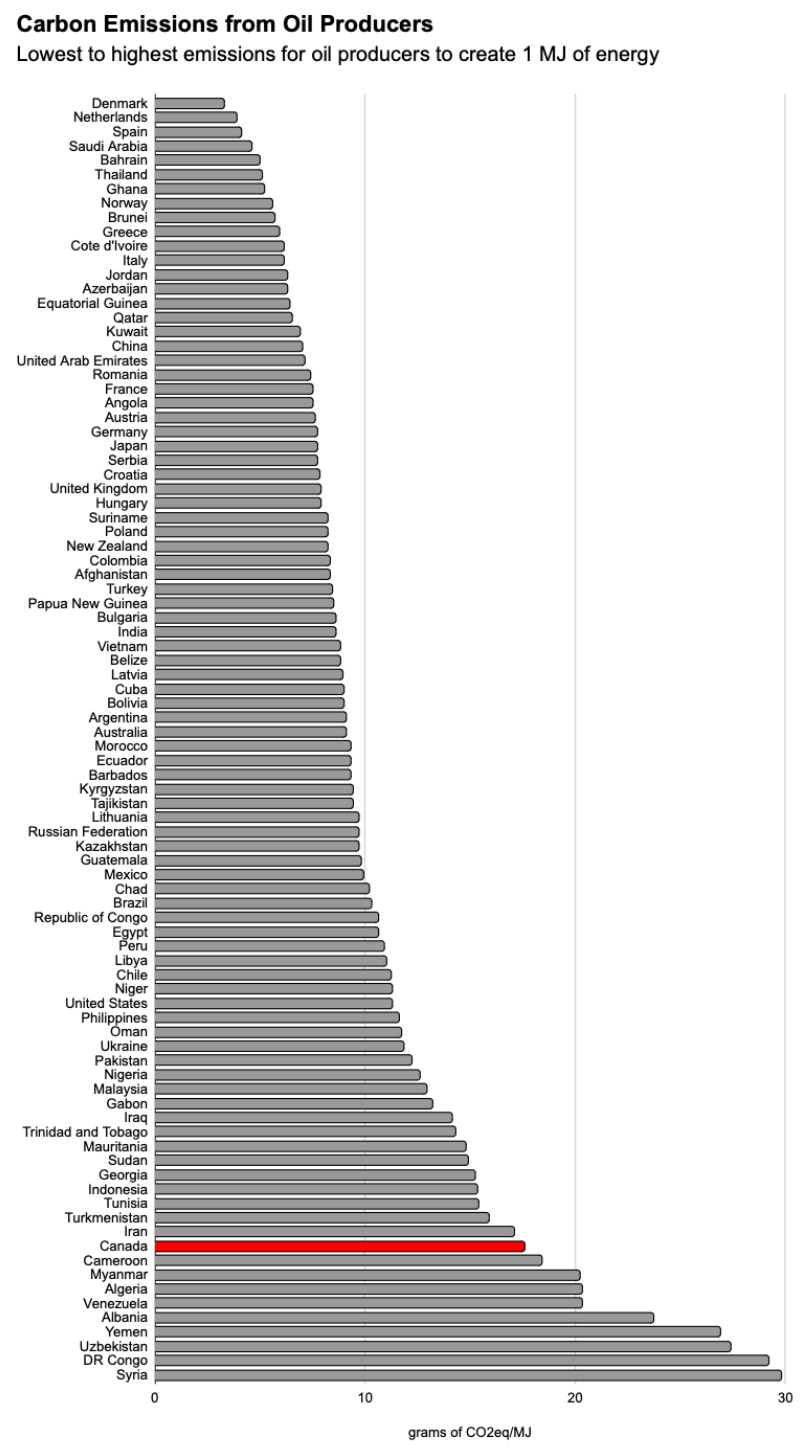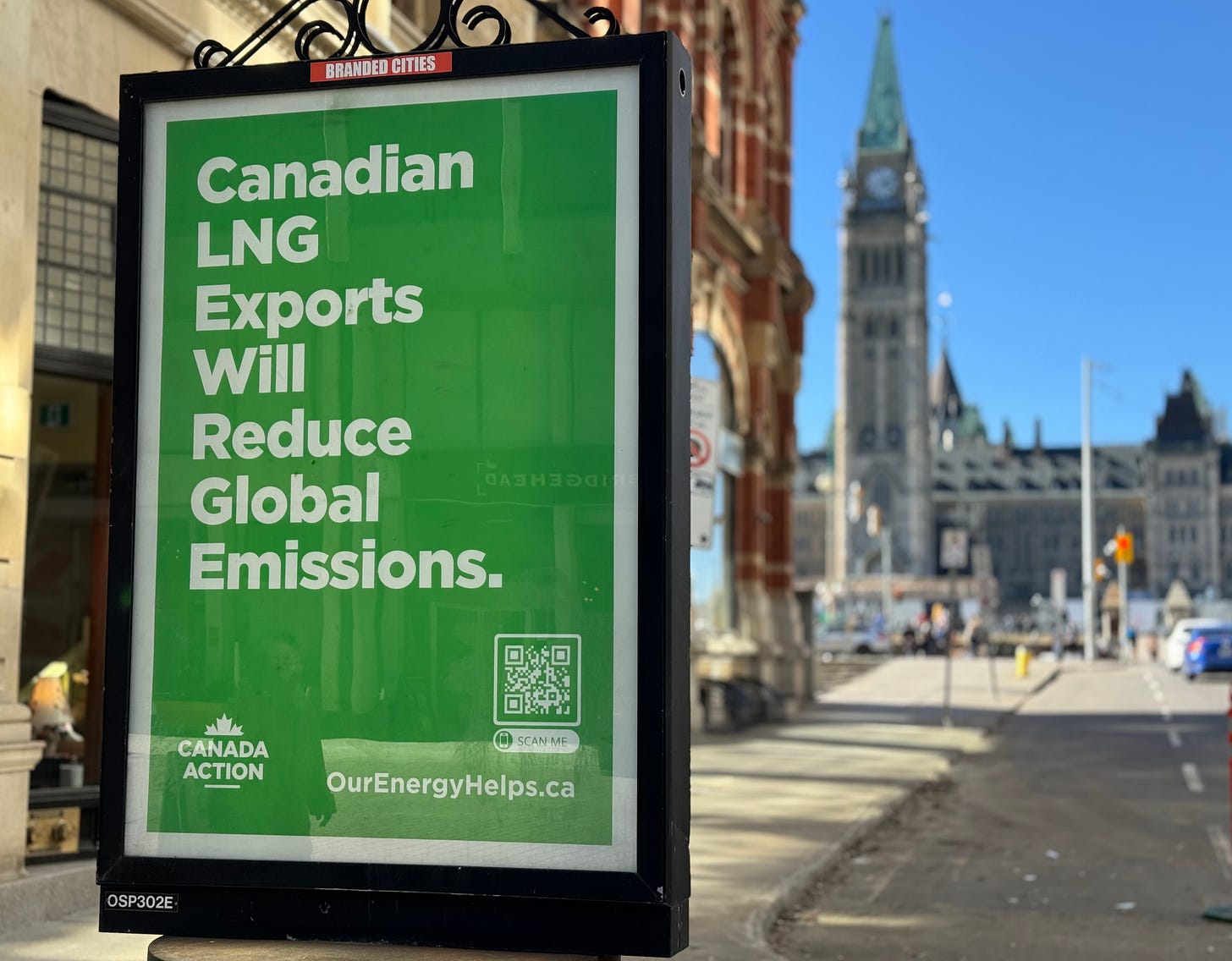Fix Climate Action 3: Stop Enabling Oil and Gas Disinformation Through Advertising
Cities should ban oil and gas advertising, as they did previously with cigarettes, alcohol or other products hazardous to your -- and your planet's -- health.

The fossil fuel era will eventually end
Addressing climate change boils down to 4 words. STOP BURNING FOSSIL FUELS.
Coal, oil and gas fuelled the growth of modern industrial societies. But they did so at a steep environmental cost, creating a blanket of pollution in the atmosphere that is rapidly warming the planet. Burning fossil fuels accounts for three-quarters of all carbon emissions.
Eventually, the fossil fuel era will end. Renewables are quickly becoming the cheapest form of energy. Many countries, regions and cities are setting net zero goals. The UN COP 28 climate summit in late 2023 reached an agreement for:
"transitioning away from fossil fuels in energy systems, in a just, orderly and equitable manner ... so as to achieve net zero by 2050 in keeping with the science."
Oil, gas and coal are on their way out.
But not without a fight!
The empire strikes back
Proponents for oil and gas are working hard to change the narrative. They’re not ready for the party to end.
They want the industry to be seen as part of the climate solution.
— That fossil fuels are part of the fix, despite being the central problem.
— That carbon capture and storage will allow oil and gas production to continue, despite that technology not yet being commercially viable.
Advertising is a key way that oil and gas proponents try to shape public opinion and influence decision makers.
In reality, those proponents are simply greenwashing a dirty product. And cities that allow advertising on their properties are simply helping them make their case.
Shaping public opinion
Oil and gas proponents are using advertising to spread disinformation about Canadian oil and gas.
Proponents claim emissions from Canadian oil and gas peaked eight years ago and are falling. This is patently false. They are referring to a drop in emissions intensity (i.e., fewer emissions per barrel produced now compared to a decade ago). They also use other misleading data (such as emissions from oil production measured on a per capita basis) to argue that the emissions from Canadian oil is comparable to other countries, such as Australia and Saudi Arabia. Again, a misleading statement designed to present a narrative that Canadian oil and gas is part of the climate solution.
The truth is that Canadian oil is some of the dirtiest in the world. The chart below shows the carbon emissions per unit of energy produced for producers around the world (which you can think of as essentially the emissions per barrel).

From the oil and gas advertising, you’d never know that of 90 oil producing countries, Canada is one of the 10 dirtiest producers.
Canadian oil produces almost twice as many emissions per barrel as Australia, and almost four times as many as Saudi Arabia.
Influencing decision makers
The photo above shows an ad on City of Ottawa streets, steps away from the Parliament of Canada.
The location of this ad suggests that it has one primary purpose: influence decision makers.
Advertising so close to the institutions of power can expect to have some impact in shaping the thinking of politicians, political staffers and public servants.
This ad — suggesting that Canadian gas exports is part of the climate solution — is an assertion that the federal government has been unable to validate.
It is based on a lot of assumptions which may or may not be true.
Natural gas has about half the emissions of coal, that is true. But are liquified natural gas exports actually replacing coal in the export market?
Natural gas is meant to be a bridge energy towards a renewables future. But the significant investments required in natural gas infrastructure today will result in LNG flows for about fifty years. Proponents need to be honest about whether natural gas is meant as a bridge technology to renewables, or a fuel source for the foreseeable future?
Finally LNG results in methane leakages. We don’t know the size of those leakages, because it is only done through industry self-reporting. But if 4% of LNG leaks out or evaporates during transportation, we have lost the emissions benefit over coal.
(For more on the LNG issue, listen to the recent podcast by The Climate Denier’s Playbook, Natural Gas: The Bridge to Nowhere.)
If these assumptions don’t hold, then the ad is misinformation at best, or deliberate disinformation at worst.
Should cities be in the business of allowing ads that seek to influence decisions with, what is arguably, false advertising?
What about the economy?
The oil and gas sector employs a lot of people, and creates tax revenue for all Canadians.
But at one point, so did asbestos. Canada started mining asbestos in 1874. Quebec even had the world’s largest mine in the world — so big that the surrounding town was simply called Asbestos.
It’s hard to give up something that pays the bills so handsomely. Canada only banned the use of asbestos in 2018 — 45 years after the US Environmental Protection Agency had banned it on the grounds that it was a known carcinogen.
The oil and gas sector should be having its own asbestos moment. The burning of oil and gas is a known carcinogen for the planet. It is also the major contributor to local air pollution that kills 15,000 people in Canada every year.
Yes, oil and gas is a major sector of the economy. But, like asbestos, its use comes at a very high cost. Oil and gas is an economic sector that needs to be retired as soon as possible.
We did it for cigarettes
The era of burning fossil fuels to power our societies is coming to an end. Our future will involve electrifying (almost) everything with power supplied by clean grids.
Cities should not be enabling the oil and gas industry to spread disinformation designed to present fossil fuels as part of the solution.
It is time for cities to stop allowing oil and gas proponents to advertise on city property in order to confuse the public and influence decision makers.
To protect our children from misleading industry propaganda, we banned cigarette advertising. It’s time for cities to do the same with fossil fuel advertising.






